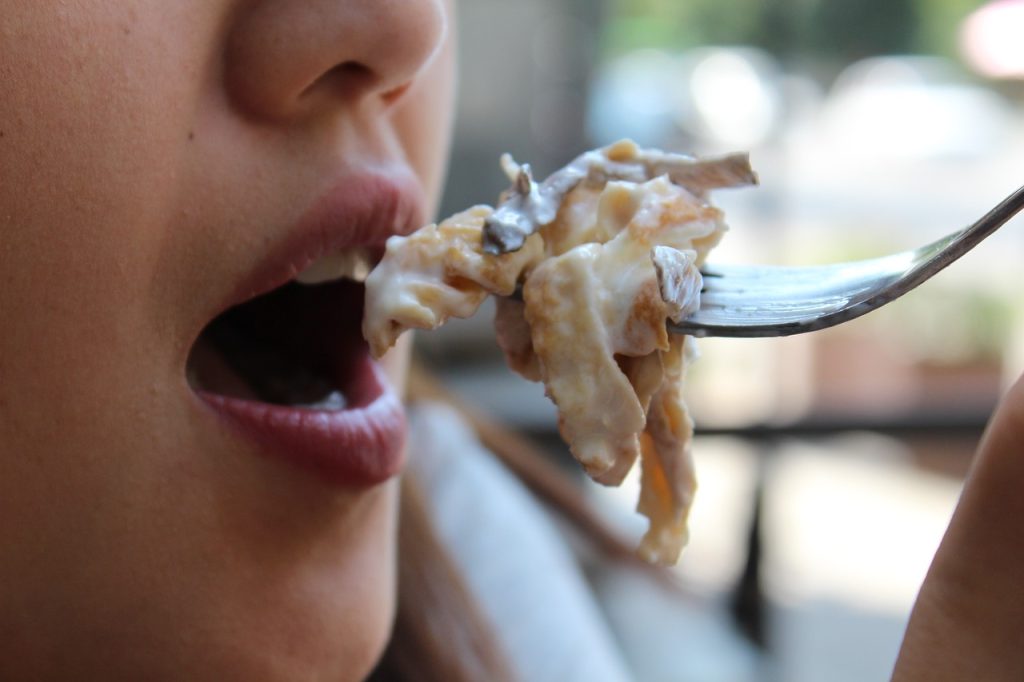
Gwen Stefani, Gavin Rossdale and their nanny. You’ve never met them, but you’ve probably heard of one of them if not all three. And right now they’re having a big impact on anyone connected to the nanny industry, and that means you.
The private lives of celebrities don’t stay private for long. The media make sure of that, and so do consumers who keep clamouring for more. A rumour goes around, something is leaked, someone else confirms it and the whole story is out there in the open in all its grisly glory, but it’s not just their reputations which are damaged in the process. It’s not just anyone he had an affair with, it was their nanny so it’s not the person who becomes the focus, it’s the post.
Continue reading “Celebrities, the media and you”










